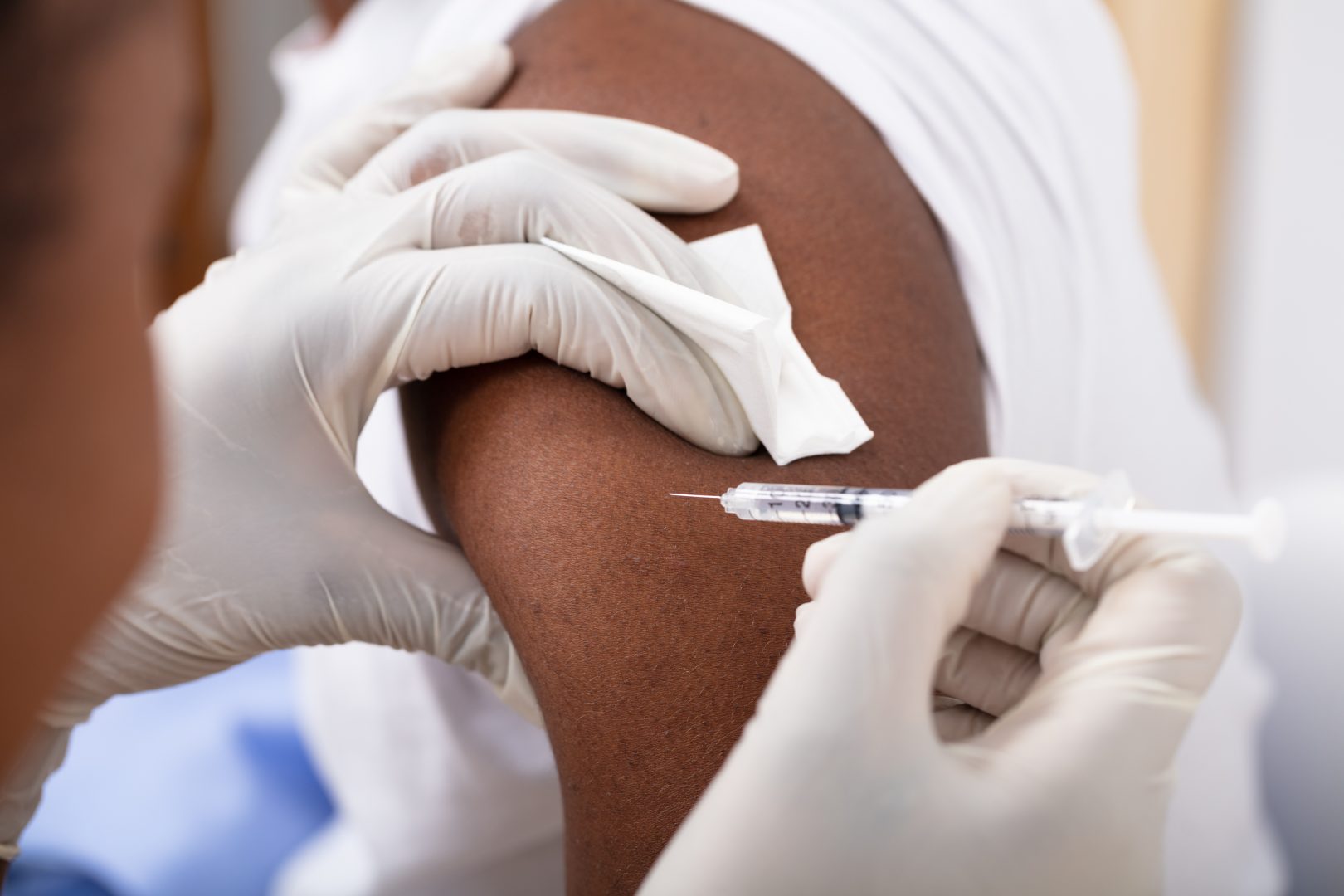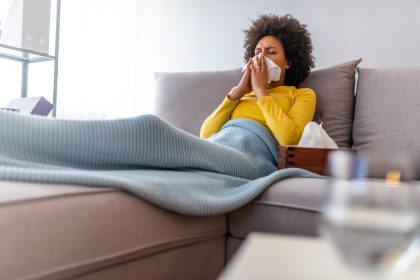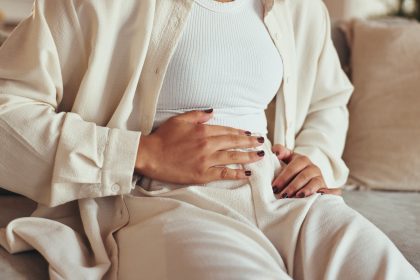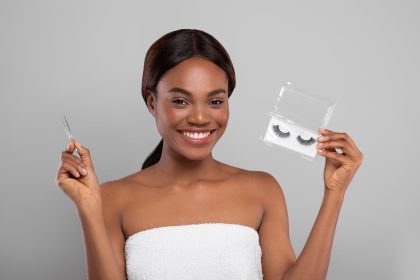
Side effects of the COVID-19 vaccine vary from individual to individual and can be a function of age and sex. The main reason for this is because we all have unique qualities regarding our immune systems. This is true for women, especially young women, according to researchers at the Centers for Disease Control and Prevention (CDC).
Research has thus far demonstrated that younger women tend to have the most severe side effects upon receiving their coronavirus vaccines. This has been shown for the Pfizer, Moderna, and Johnson & Johnson vaccines. Typically, younger women commonly report having higher rates of fatigue, headache, and pain at the injection site than older adults and men.
The report released by the CDC in its Morbidity and Mortality Weekly Report (MMWR) dated Feb. 26, 2021, notes that younger women have more severe and frequent side effects after receiving the second dose of either the Pfizer or Moderna vaccine. The CDC documents that of the first 13.8 million COVID-19 vaccine doses given to Americans, reports of side effects were coming at a higher rate from women. More noticeable was that 79 percent of side effects reported were from women, although just 61 percent of the vaccines were given to women.
The report noted specifically, “Headache (22.4%), fatigue (16.5%), and dizziness (16.5%) were the most frequently reported symptoms after vaccination with either vaccine.” There were also reports of anaphylaxis after receipt of the Pfizer-BioNTech vaccine and the Moderna vaccine.
For decades, women have exhibited a stronger response to other vaccination protocols when compared to men. Scientists suggest that this is because in women, predominantly premenopausal women, estrogen levels aid in the activation of the immune response to illness. In comparison, men have higher levels of testosterone, which slows down the same response. Thus, females have a stouter response to vaccines because their bodies act faster and stronger when the vaccine is introduced into their bodies. Estrogen also boosts the body to produce more T-cells. These are the cells in the body designed to protect us by fighting off an infection or virus when a vaccine is introduced.
Read more on the following page.














